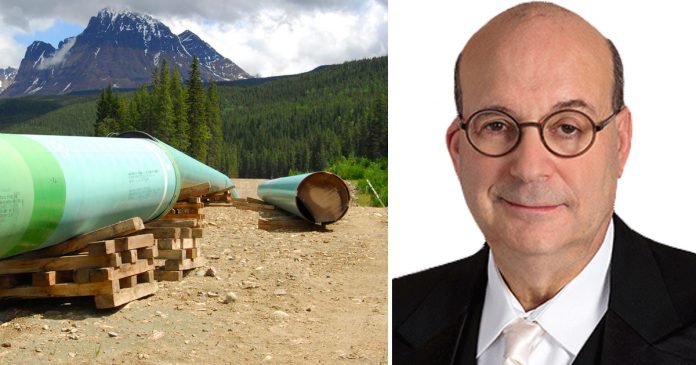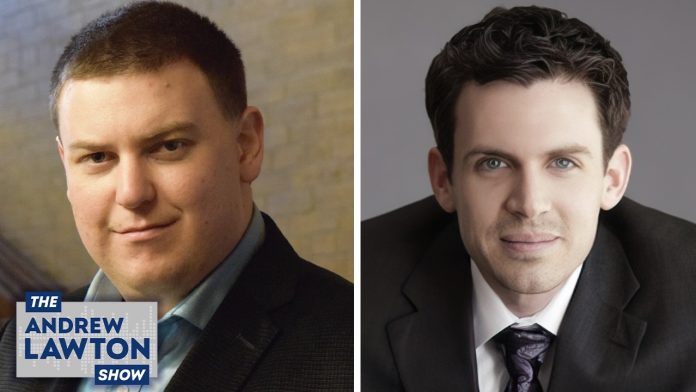Canadians are no longer able to share Australian news content on Facebook due to the company’s ongoing clash with the country’s government over social media legislation.
Users around the world are now barred from sharing links to Australian news websites like ABC or the Sydney Morning Herald.
The free speech publication Quillette, founded by Australian publisher Claire Lehmann, has also been caught up in the ban.
Since the new restrictions went into effect Wednesday, users reported being unable to share Quillette’s links. The website’s Facebook page has also been purged of content.
“Quillette has been caught up in Facebook’s Australia ban. Our page is wiped, links blocked. But you can still share articles on FB by posting links to Tweets, which have articles embedded,” a tweet from Quillette said.
Facebook’s decision came in response to Australian legislation requiring social media platforms to pay news publishers for the supposed privilege of allowing publishers to share their content online.
Users who try to share links to Australian news content are given an error message.
“In response to Australian government legislation, Facebook restricts the posting of news links and all posts from news Pages in Australia. Globally, the posting and sharing of news links from Australian publications is restricted,” the notice reads.
However, the notice has also been reported when users have tried to share non-Australian content, such as blog posts from True North’s Andrew Lawton, who pointed out on Twitter his website is hosted in North America with a .ca domain name.
The move from Facebook comes as the Canadian government is also seeking to impose sweeping regulations on tech companies through Bill C-10, which would expand regulations on traditional broadcasters to online publishers.
Liberal Heritage Minister Steven Guilbeault recently testified on the bill alongside Facebook officials before the Committee on Canadian Heritage. Facebook Canada Global Director Kevin Chan told committee members the company welcomed increased regulation as long as the legislation was clear and well-defined.
Facebook has since defended its decision to limit access to Australian news content claiming that the fault lies with the Australian government’s proposed social media law which would force companies like Facebook to pay for news content produced within the country.
“One of the criticisms we had about the law that was passed by the House of Representatives yesterday is that the definition of news is incredibly broad and vague,” said Facebook Asia-Pecific region head of public policy Simon Milner.
According to Milner, several non-news websites were caught up in the ban “inadvertently.”
“We are correcting those, many of those have already been fully restored and able to share now, and we’re continuing to act on others that have been notified to us.”

























